WHAT IS THE MESOAMERICAN ALLIANCE OF PEOPLES AND FORESTS?
The Mesoamerican Alliance of Peoples and Forests (AMPB) is a space for coordination and exchange of territorial authorities that administer and influence the main forest masses in Mesoamerica.
We are indigenous governments and community forestry organizations that in Alliance seek to strengthen our dialogue, focused on community management of natural resources, and to jointly influence governments and international cooperation so that biodiversity conservation strategies and climate balance, appropriately integrate the rights and benefits of Indigenous Peoples and Forest Communities.
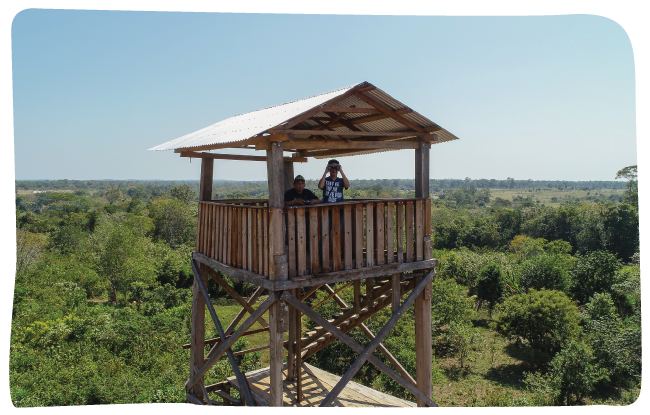
ACHIEVEMENTS
Contributed to the fight against climate change and the conservation of biodiversity internationally visible, we have.
Brought the attention of donors to a region that offers solutions to global problems through the defence and implementation of territorial rights.
Assisted our member organizations in developing advocacy strategies at a national level.
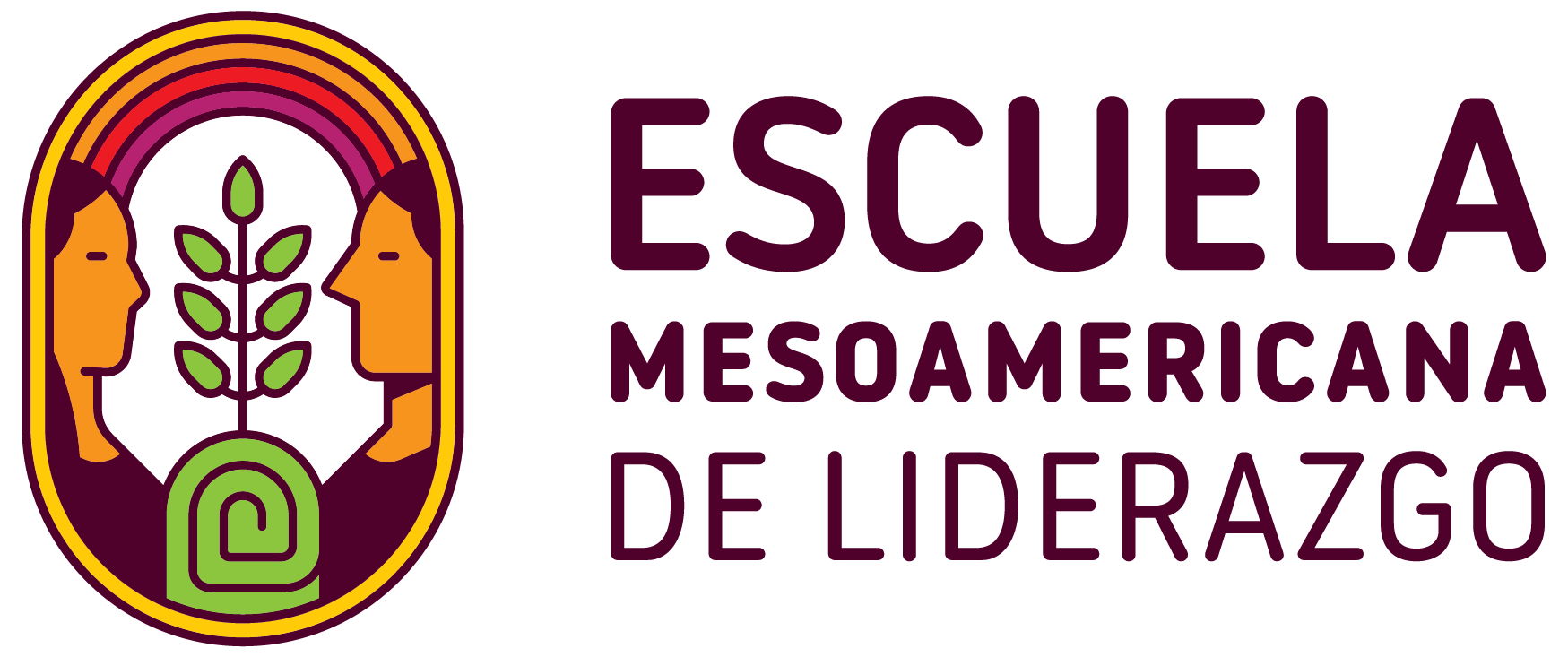
We have also been successful in building capacities and promoting local knowledge sharing. In particular, the evolution of the Mesoamerican School of Leadership, which organizes and carries out trainings for young people, women, and emerging leaders in all territories of AMPB and, more broadly, represents a significant step towards ensuring a more inclusive leadership of the forestry organizations for years to come.
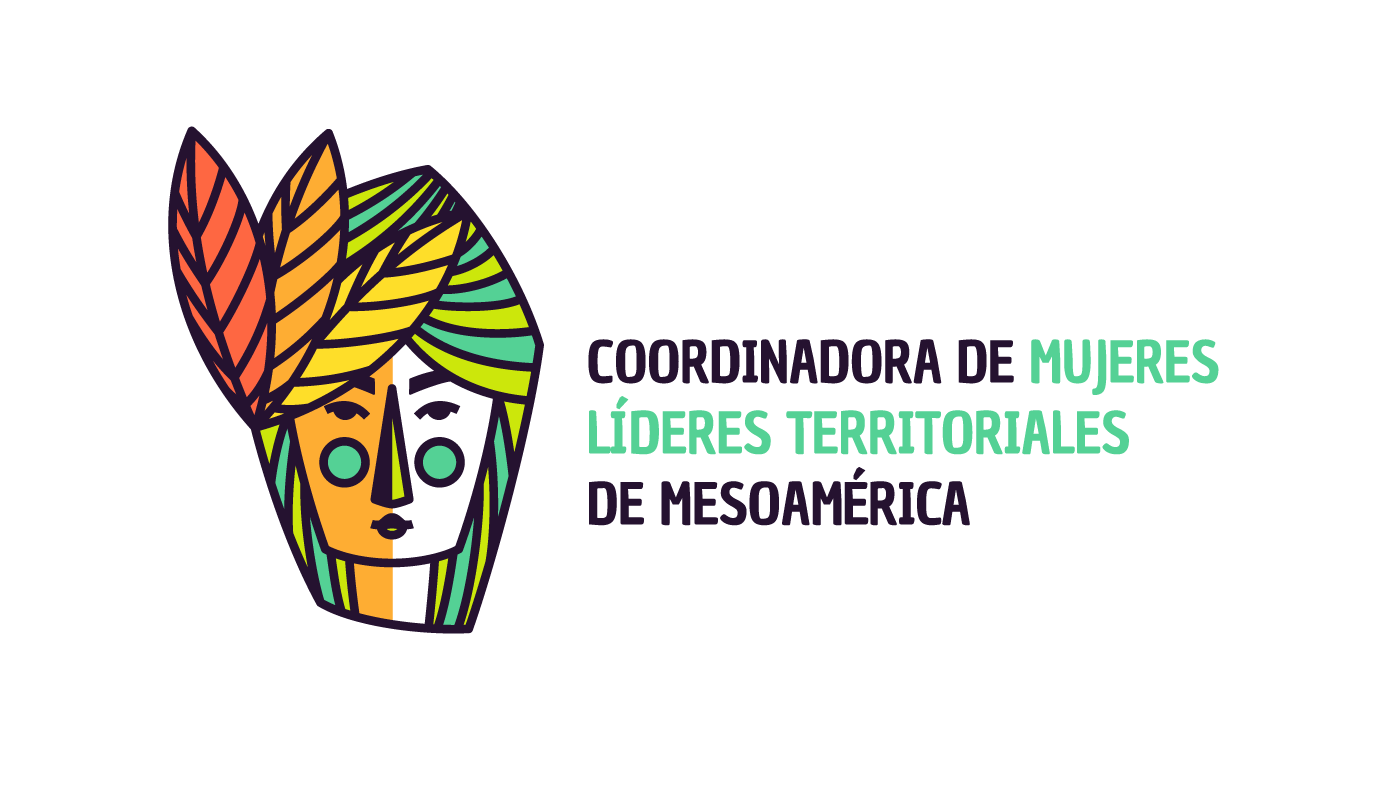
Through the Coordinator of Territorial Women Leaders of Mesoamerica, we strengthen the advocacy of women leaders in the region and their solutions for climate resilience.
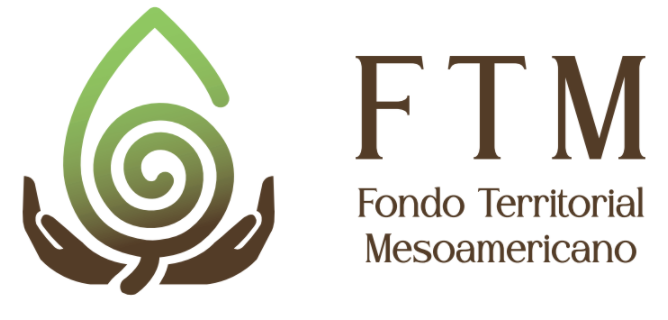
We have worked with key regional partners to develop a proposal for the Mesoamerican Territorial Fund (FTM), which will channel direct climate finance to community and indigenous forestry organizations. In November 2020, we launched a pilot program for the FTM, through which you can work with your members to test the concept and ensure that each group has the administrative support they need to use these funds effectively and sustainably.
CHALLENGES
The political instability of the region, the fact that we depend on unequal economies, the widespread corruption and the violence generated by drug trafficking, undermine the efforts of community and indigenous forestry groups to protect our natural resources and promote local livelihoods.
Even though substantially more land is legally under indigenous and community control, many of the region’s governments have slowed down protections for civil society and re-engaged with large-scale agricultural and extra-activist industries as priorities for economic development.
These challenges require strengthened communities in governance, political and administrative capacity.
We seek to continue influencing public policies in our countries and take our seat in the global climate conversation. Direct territorial financing and real participation are our best tools to achieve this and, thus, ensure our territorial rights and life on our Mother Earth.
